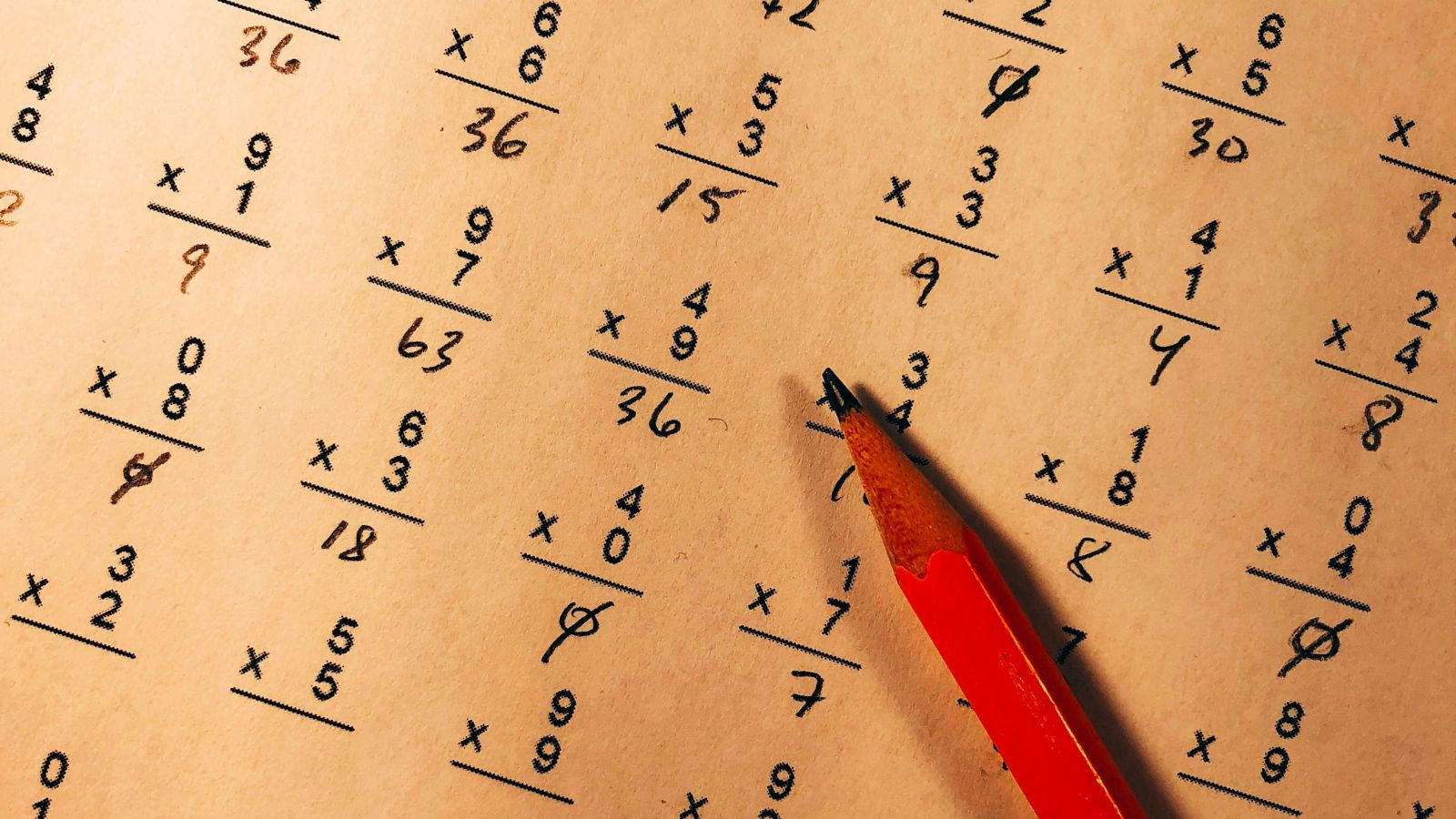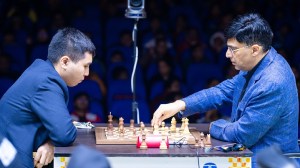JEE Main 2024: Tips to improve calculation
JEE Main 2024: In this article, we will explore practical strategies to empower students with the skills to handle complex calculations swiftly and accurately, ensuring they shine in the JEE Main.
 JEE Main 2024: Calculations often scare a lot of students, but there are a few tricks that can help students remove that fear. (Representative image. Source: Unsplash)
JEE Main 2024: Calculations often scare a lot of students, but there are a few tricks that can help students remove that fear. (Representative image. Source: Unsplash)— Ajay Sharma
As the JEE Main 2024 session 1 is approaching, students might be feeling stressed. This stress then changes into silly mistakes, a common phenomenon in the last phase of preparation. Calculation mistakes are one of the most common mistakes students seldom make at this juncture. So, the critical question is how to improve our calculation for JEE Main so that students do not mess up the questions, which can easily attempted with a calmness and right tactics.
Efficient calculation plays a pivotal role in navigating this rigorous exam’s time constraints.
Emphasise the fundamentals: In the rush to tackle complex problems, students often overlook the importance of solid foundational knowledge. Students need to work on their basics, like the basics of arithmetic, such as multiplication tables, squares, and cubes. A strong foundation in these fundamental operations minimises the chances of making such errors.
No use of calculators: While mental math is crucial, integrating technology is impractical for JEE Main as calculators are not allowed in this exam. So, it would be best to start practicing without calculators since the beginning to practice better before the exam.
Strategic practice sessions: Incorporate strategic practice sessions into the curriculum, setting realistic time constraints to create exam conditions. Such practice improves students’ calculation skills and helps make the proper discipline required to manage their time effectively during problem-solving. Focus on various problems, gradually increasing complexity to ensure a comprehensive skill set. For example, students need to work on integer-type questions as the absence of options motivates them to do calculations more effectively. Working on the subjective type of problems helps them to build confidence.
Mnemonic devices and visualisations: Try visualising techniques and mnemonics to make calculations easier. By doing so, students can quickly memorise complex formulas or sequences, which will significantly lessen the mental strain you will face in the exam. Mathematical concepts can be made more concrete and psychologically operable by visualising them.
Real-world application of concepts: Students should try to create an example independently. Make new questions, modify them and make the calculations more challenging. The more they play with the concepts and technicality of the topic, the more confidence they will gain in it. Also, doing this activity sharpens their calculative skills.
Encourage approximations: In time-bound exams, precision is essential, but so is efficiency. Try to apply the approximations wherever required. For example, we deal with many approximations in the Equilibrium chapter in Physical chemistry. If we try to solve all the quadratic, cubic and higher-degree equations, it leads to higher chances of error. This skill saves time and allows the students to focus on the core concepts rather than getting bogged down by intricate numerical details.
Mastering time management: In the fast-paced environment of JEE Main, effective time management is as crucial as the calculations themselves. Allocating time wisely to each section, emphasising the importance of swiftly identifying solvable problems and making strategic choices based on your strengths, will save your time and create less chance for calculation error.
Reviewing and learning from mistakes: Every mistake is an opportunity for growth. Students must develop a culture of reviewing and learning from their errors. Identify the type of mistake after each exam. For example, whether the mistake is conceptual, casual or calculative, identify it and work accordingly to rectify it. After giving every exam, analyse what went wrong, whether it is the calculation errors or misinterpretation of the problem.
In JEE Main, where time is a precious commodity, mastering calculating techniques is a crucial requirement. By implementing these practical strategies, students can not just solve problems but to do so with efficiency, accuracy, and a deep understanding of the subject matter.
(The writer is the national academic director, engineering at Aakash BYJU’S)
- 01
- 02
- 03
- 04
- 05































